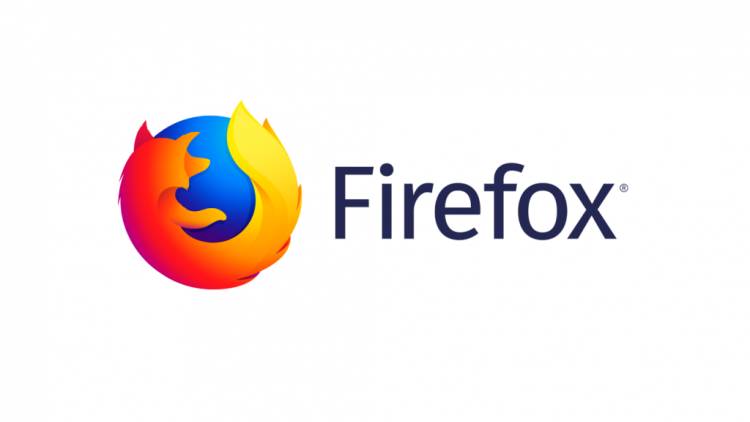Firefox Maker Fears DarkMatter 'Abuse' of Browser for Hacking
Firefox program creator Mozilla is thinking about whether to square digital security organization DarkMatter from filling in as one of its web security watchmen after a Reuters report connected the United Arab Emirates-based firm to a digital undercover work program.
Reuters announced in January that DarkMatter gave staff to a mystery hacking activity, codenamed Project Raven, for the benefit of an Emirati knowledge organization. The unit was generally involved previous US insight authorities who led hostile digital activities for the UAE government.
Previous Raven agents revealed to Reuters that numerous DarkMatter administrators were unconscious of the cryptic program, which worked from a changed over Abu Dhabi house far from DarkMatter's central station.
Those tasks included hacking into the web records of human rights activists, writers and authorities from opponent governments, Reuters found. DarkMatter has denied leading the activities and says it centers around securing PC systems.
While Mozilla had been thinking about whether to allow DarkMatter the expert to guarantee sites as protected, two Mozilla officials said in a meeting a week ago that Reuters' report raised worries about whether DarkMatter would mishandle that specialist.
Mozilla said the organization has not yet gone to a choice on whether to deny the expert to DarkMatter, yet hopes to choose inside weeks.
"We don't at present have specialized proof of abuse (by DarkMatter) yet the detailing is solid proof that abuse is probably going to happen later on the off chance that it hasn't just," said Selena Deckelmann, a senior executive of building for Mozilla.
She said Mozilla was additionally considering stripping a few or the majority of the in excess of 400 accreditations that DarkMatter has allowed to sites under a restricted specialist since 2017.
Marshall Erwin, chief of trust and security for Mozilla, said the Reuters Jan. 30 report had raised worries inside the organization that DarkMatter may utilize Mozilla's confirmation specialist for "hostile digital security purposes as opposed to the expected motivation behind making an increasingly secure, confided in web."
DarkMatter did not react to a Reuters ask for input. The UAE international safe haven in Washington additionally did not react to a demand for input.
In a February 25 letter to Mozilla, posted online by the digital security organization, DarkMatter CEO Karim Sabbagh denied the Reuters report connecting his organization to Project Raven. "We have never, nor will we ever, work or oversee non-cautious digital exercises against any nationality," Sabbagh composed.
Sites that need to be assigned as secure must be affirmed by an outside association, which will affirm their character and vouch for their security. The guaranteeing association additionally verifies the association between an affirmed site and its clients, promising the traffic won't be captured.
Associations that need to wind up certifiers must apply to singular program producers like Mozilla and Apple. Mozilla is seen by security specialists as a regarded pioneer in the field and especially straightforward in light of the fact that it leads a great part of the procedure openly, posting the documentation it gets and requesting remarks from web clients before settling on an official conclusion.
DarkMatter has been pushing Mozilla for full specialist to concede affirmations since 2017, the program creator told Reuters. That would take it to another dimension, making it one of less than 60 center watchmen for the a huge number of Firefox clients around the globe.
Deckelmann said Mozilla is concerned that DarkMatter could utilize the specialist to issue declarations to programmers mimicking genuine sites, similar to banks.
As an affirmation specialist, DarkMatter would be in part in charge of encryption between sites they favor and their clients.
In the wrong hands, the affirmation job could permit the block attempt of scrambled web traffic, security specialists state.
In the past Mozilla has depended solely on specialized issues when choosing whether to confide in an organization with affirmation expert.
The Reuters examination has driven it to rethink its arrangement for affirming candidates. "You take a gander at the actualities of the issue, the sources that turned out, it's a convincing case," said Deckelmann.

 admin
admin 


















Comments (0)
Facebook Comments (0)